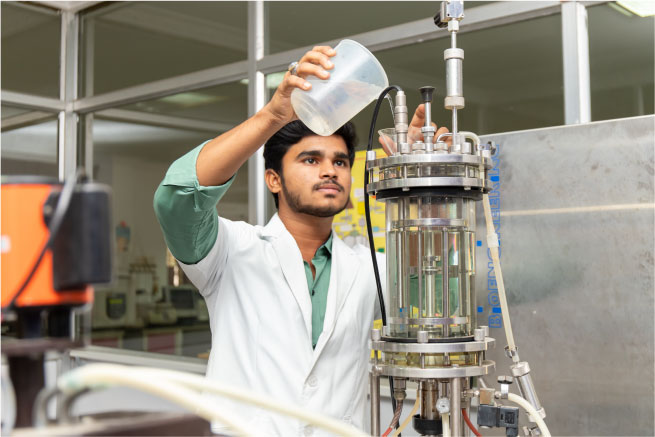
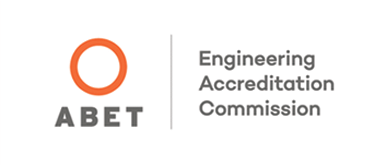
To be globally recognized as a Center of Excellence in the field of Biomedical Engineering through quality research and education, contributing to the advancement of human health.


To produce skilled Biomedical Engineers who are technically competent and
socially committed by imparting interdisciplinary research and education in
the field of Biomedical Engineering.
To instill entrepreneurship skills and cultivate technically competent administrators
in the field of healthcare.
Addressing technological challenges with socio-ethical implications to meet the
needs of society.
The Department of Biomedical Engineering was established in the academic year 2015-16 with an aim to develop manpower in the upcoming field of modern health care industry, and it currently offers B.Tech. Programme in Biomedical Engineering (4-Years). Biomedical Engineering relates to the application of electrical, civil, mechanical, chemical, electronics, instrumentation and other engineering principles to understand, modify or control biological systems, as well as design and manufacture products that can assist in the diagnosis and treatment of the patients. The syllabus is carefully designed to meet the requirements of healthcare industries. The department has experienced and trained faculty to impart knowledge in this specialized field.
Biomedical engineers who specialize in biomaterials develop materials that can be safely implanted in the body. Engineers who work in biomechanics apply principles from physics to biological systems. They develop artificial organs, such as the artificial heart. Engineers who focus on bioinstrumentation use computers or other electronic devices to diagnose or treat disease. A rehabilitation engineer helps improve the quality of life for people with disabilities. Tissue and cellular engineers grow cells outside of the body to be implanted in the body and serve some function. Genetic engineering is a related discipline in which an organism’s DNA is altered so that different proteins will be produced. Genetic engineering has many applications in drug production.
The Department of Biomedical Engineering is offering the B.Tech. Programme in Collaboration with the following industrial partners.
Biosensors and Transducer Laboratory
Biomedical Instrumentation Laboratory
Biomedical Instrumentation Laboratory
Diagnostic and Therapeutic Equipment Laboratory
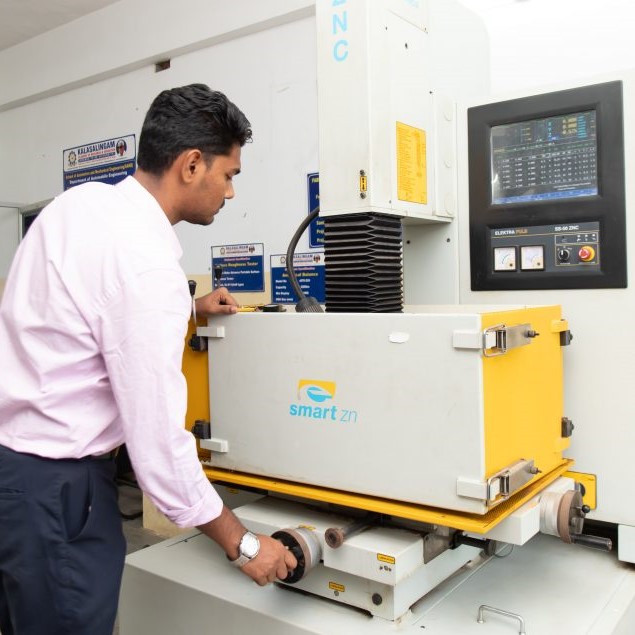
Clinical Biochemistry Laboratory
Analog and Digital Electronics Laboratory
Image Processing Laboratory
Microprocessor and Microcontroller Laboratory
PO1 – Engineering Knowledge: Apply the knowledge of mathematics, science, engineering fundamentals, and an engineering specialization to the solution of complex engineering problems.
PO2 – Problem analysis: Identify, formulate, research literature, and analyse complex engineering problems reaching substantiated conclusions using first principles of mathematics, natural sciences, and engineering sciences.
PO3 – Design/development of solutions: Design solutions for complex engineering problems and design system components or processes that meet the specified needs with appropriate consideration for the public health and safety, and the cultural, societal, and environmental considerations.
PO4 – Conduct investigations of complex problems: Use research-based knowledge and research methods including design of experiments, analysis and interpretation of data, and synthesis of the information to provide valid conclusions.
PO5 – Modern Tool Usage: Create, select, and apply appropriate techniques, resources, and modern engineering and IT tools including prediction and modelling to complex engineering activities with an understanding of the limitations.
PO6 – The Engineer and Society: Apply reasoning informed by the contextual knowledge to assess societal, health, safety, legal and cultural issues and the consequent responsibilities relevant to the professional engineering practice.
PO7 – Environment and Sustainability: Understand the impact of the professional engineering solutions in societal and environmental contexts, and demonstrate the knowledge of need for sustainable development.
PO8 – Ethics: Apply ethical principles and commit to professional ethics and responsibilities and norms of the engineering practice.
PO9 – Individual and Team Work: Function effectively as an individual, and as a member or leader in diverse teams, and in multidisciplinary settings.
PO10 – Communication: Communicate effectively on complex engineering activities with the engineering community and with society at large, such as, being able to comprehend and write effective reports and design documentation, make effective presentations, and give and receive clear instructions.
PO11 – Project Management and Finance: Demonstrate knowledge and understanding of the engineering and management principles and apply these to one’s own work, as a member and leader in a team, to manage projects and in multidisciplinary environments.
PO12 – Life-long learning: Recognize the need for, and have the preparation and ability to engage in independent and life-long learning in the broadest context of technological change.
Within a few years of graduation, the Biomedical Engineering graduates will:
PEO1: Acquire fundamental proficiency in the field of Biomedical Engineering, enabling them to establish careers within the healthcare sector and allied disciplines.
PEO2: Adapt to emerging technologies through lifelong learning, adeptly communicating and collaborating within the team.
PEO3: Exhibit leadership skills by demonstrating responsiveness, ethical conduct, and innovation in managerial practices.
PSO1 – Develop, analyze, and demonstrate the applications of electronics in the design of biomedical equipment and its subsystems.
PSO2 – Identify, Analyze and Resolve problems in the health care industry using signal and medical image processing.
PSO3 – Design and develop the soft computing techniques for medical practices
ASO1 – An ability to identify, formulate, and solve complex engineering problems by applying principles of engineering, science, and mathematics.
ASO2 – An ability to apply engineering design to produce solutions that meet specified needs with consideration of public health, safety, and welfare, as well as global, cultural, social, environmental, and economic factors.
ASO3 – An ability to communicate effectively with a range of audiences.
ASO4 – An ability to recognize ethical and professional responsibilities in engineering situations and make informed judgments, which must consider the impact of engineering solutions in global, economic, environmental, and societal contexts.
ASO5 – An ability to function effectively on a team whose members together provide leadership, create a collaborative and inclusive environment, establish goals, plan tasks, and meet objectives.
ASO6 – An ability to develop and conduct appropriate experimentation, analyze and interpret data, and use engineering judgment to draw conclusions.
ASO7 – An ability to acquire and apply new knowledge as needed, using appropriate learning strategies.
The Department of Biomedical Engineering is equipped with state-of-the-art research centers such as the Centre for Biomedical Signal Processing, Centre for Medical Imaging and Instrumentation, Centre for Biomaterials and Regenerative Medicine, and the Centre for Rehabilitation Engineering. These centers foster a dynamic environment for innovation and hands-on learning, enabling students to engage in advanced research and practical experimentation using modern biomedical equipment and technologies.
The department has secured multiple funded research projects in cutting-edge domains such as Medical Image Analysis, Biomedical Signal Processing, Wearable Healthcare Devices, Tissue Engineering, Biosensors, and Assistive Technology. Funding has been received from prestigious national and international agencies including IIT Palakkad Technology IHUB Foundation, IEDC-KARE, DST – BDTD, EDII-MSME, Government of Tamil Nadu, Hashan Medicare, Livvolta Healthcare, Chennai, AMARSEVA-NGO, International Bilateral Cooperation Division (Government of Tamil Nadu), DST (GOI), AIM, NITI Aayog, GoI, DST, ICMR, AICTE, DBT, and various global collaborative research networks.
Currently, the department is handling 8 active research projects with a cumulative funding of INR 68.5 Lakhs, and has successfully completed 9 major research projects worth INR 408.89 Lakhs. Faculty members and student researchers have contributed significantly to the body of knowledge in biomedical engineering, with over 217 peer-reviewed publications in reputed national and international journals and conferences.
The department’s strong focus on translational research and innovation not only contributes to the advancement of medical technologies but also provides a rich learning environment for undergraduate and postgraduate students. This robust research ecosystem supports interdisciplinary collaboration and prepares students to address real-world healthcare challenges with practical, research-driven solutions.



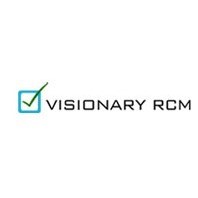


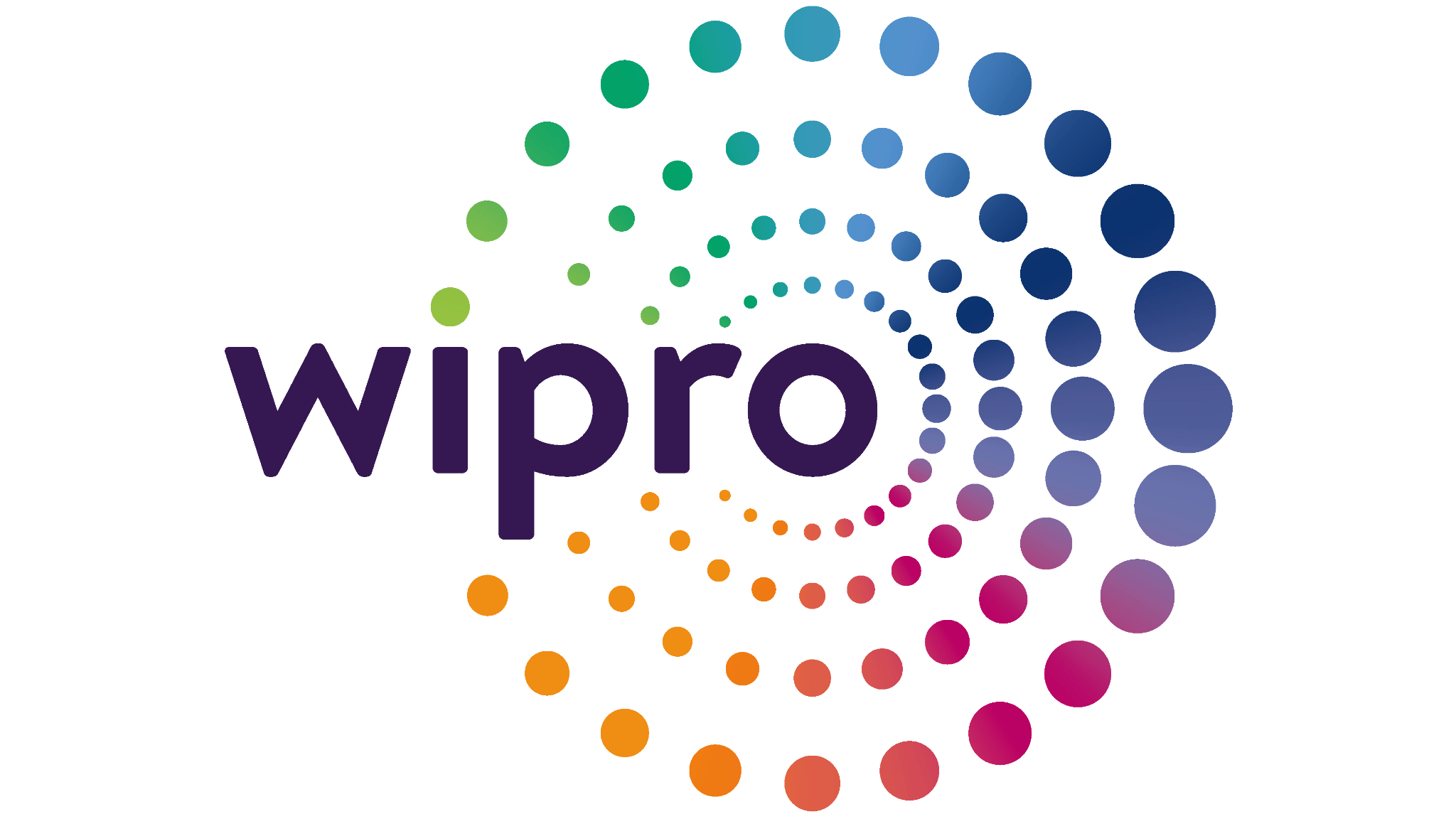
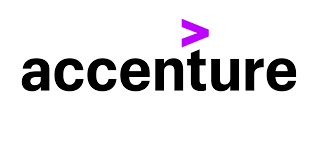

My time at Kalasalingam Academy of Research and Education was instrumental in shaping my academic and personal growth. The institution provided a well-rounded learning experience, with dedicated faculty and a supportive environment that encouraged curiosity and innovation. The hands-on training and exposure to industry-relevant concepts helped me build confidence and develop a strong problem-solving mindset. Beyond academics, the campus culture and friendships I built made my journey even more memorable. I am truly grateful for the opportunities and experiences that KARE provided, which continue to guide me in my professional endeavors.
Kruthika Reshmi C
Analyst, Capgemini, Chennai
Biomedical engineering
(2021-2024)
My time at Kalasalingam Academy of Research and Education was a transformative journey that truly set the stage for my career. The comprehensive education and hands-on experience I received were pivotal in shaping my professional path. A defining moment was earning my CLAD certification at the academy, which became a game-changer for my career. This certification unlocked incredible opportunities and propelled my professional growth. The faculty’s unwavering support and the institution’s focus on innovation and research provided a solid foundation for my success. Today, I am thriving in my career, and I owe much of my achievements to the exceptional education and experiences I had at Kalasalingam. I am proud to be an alumnus and grateful for the lasting impact it has had on my life.
Thank you for the opportunity to contribute to this important initiative.
Arun raguram K V
Engineer
2(SEG),Safran Data Systems India Pvt Ltd, Chennai.
(2021-2024 Batch)

M.AMALRAJ
Junior Biomedical Engineer
Panimalar Medical College Hospital & Research Institute, Chennai.
(2015-19 Batch)


G.P.PRIYATHARSINI
Junior Executive Medical Coding Services
Visionary RCM,Chennai.
(2015-19 Batch)